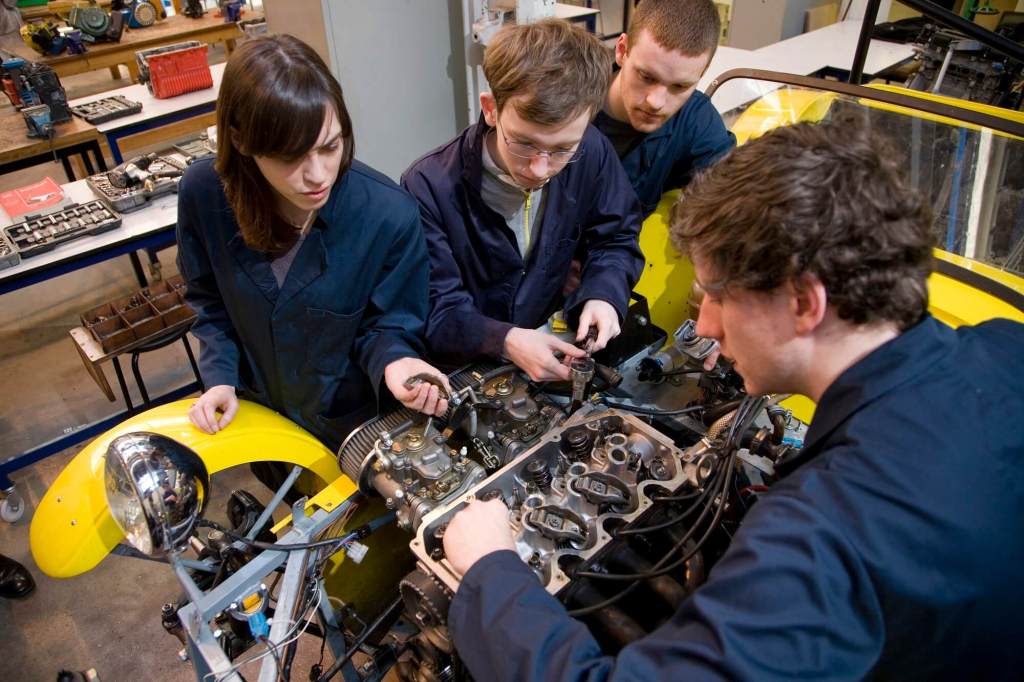Engineering is a fascinating field that encompasses a wide range of disciplines and offers exciting opportunities for those who are passionate about problem-solving, innovation, and making a positive impact on society. In this panel discussion, we will explore the importance of engineering education and how alternative schooling approaches can help prepare students for successful careers in this dynamic field.
Our panelists include experts from various engineering disciplines who will share their insights and experiences:
1. Dr. Sarah Chen, a civil engineer with over 15 years of experience in infrastructure design and construction.
2. Dr. Raj Patel, an electrical engineer specializing in renewable energy systems and sustainable technology.
3. Ms. Maya Rodriguez, a software engineer working in artificial intelligence development.
Moderator: Thank you all for joining us today to discuss the role of engineering education in preparing students for success in the field. Let’s start by addressing why engineering is such an important area of study.
Dr. Chen: Engineering plays a crucial role in shaping our world by designing structures, roads, bridges, and other essential infrastructure that support modern society’s needs.
Dr. Patel: Additionally, engineers are at the forefront of developing innovative technologies to address global challenges such as climate change and resource depletion.
Ms. Rodriguez: Engineering also provides endless opportunities for creativity and collaboration across different fields, making it an exciting career choice for those interested in pushing boundaries and exploring new frontiers.
Moderator: How can alternative schooling approaches enhance traditional engineering education?
Dr. Chen: Alternative schooling methods can offer more flexibility and personalized learning experiences tailored to individual students’ interests and strengths.
Dr. Patel: Project-based learning, apprenticeships, and real-world applications can provide students with hands-on experience that complements theoretical knowledge gained through traditional coursework.
Ms. Rodriguez: Collaborative projects with industry partners or mentorship programs can give students valuable insights into the practical aspects of engineering while fostering critical thinking skills necessary for problem-solving.
Moderator: What advice do you have for aspiring engineers considering alternative education paths?
Dr. Chen: Seek out internships or co-op programs to gain practical experience early on and build professional connections within the industry.
Dr. Patel: Don’t be afraid to explore interdisciplinary studies or unconventional pathways that align with your interests – diversity of thought often leads to groundbreaking innovations in engineering.
Ms. Rodriguez: Remember that failure is part of the learning process – embrace challenges as opportunities for growth and never stop seeking ways to expand your knowledge base beyond traditional boundaries.
In conclusion, engineering education plays a vital role in preparing future generations of innovators who will drive technological advancements and shape our world’s future landscape positively. By embracing alternative schooling approaches that foster creativity, collaboration, and hands-on experiences alongside theoretical learning, aspiring engineers can develop the skills needed to thrive in this dynamic field while making meaningful contributions to society at large.
